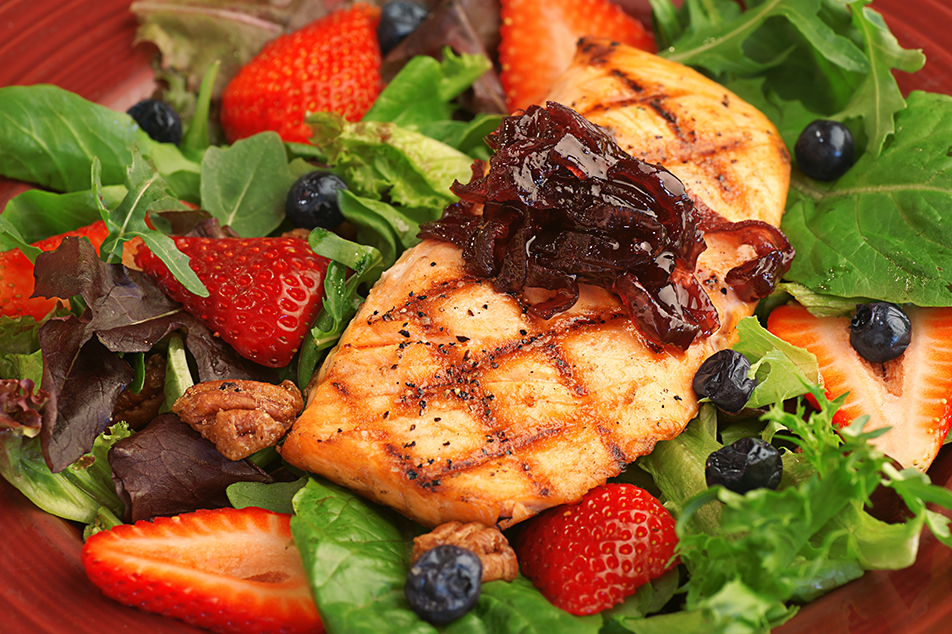
This post was written by Rachel M. Stohlman, RDN, LD, community outreach dietitian, Parkview Health.
Have you ever found yourself forgetting something that was right at the forefront of your mind? Or walk into a room and question yourself as to why you are there? As we move along the continuum of life, occasionally forgetting events that just occurred and taking longer to recall information is normal. However, optimizing your nutrition can help to support brain health and function.
Vegetables
We have all been told or instructed someone else to “eat your veggies.” This wise saying is a nod to what it takes for optimal health. Getting plenty of vegetables and a wide variety is crucial for our brain health. Including plenty of cruciferous vegetables (like broccoli, cabbage, Brussel sprouts) and dark leafy greens, has been found to be beneficial to improving memory. You can do your body and brain good by getting the recommended serving of three cups of vegetables per day.
Fruits
Vegetables are not the only plants that get bragging rights in the brain health category. Fruit is critical in brain health, especially cherries and berries. These small, colorful fruits have a large impact on our brains as they provide anthocyanins and flavonoids which have been found to support our memory function. Adding a handful to breakfast or snacks can be an easy way to increase the nutrient content of your meal. Make sure to get the recommended servings of two cups of fruit each day.
Other brain boosters
There are several other key nutrients that are important for brain health. Including sources of omega-3s has been shown to improve brain health and function. This healthy fat is found in a multitude of sources, including seeds (flax, chia and hemp), walnuts and seafood (mackerel and salmon). Lowering the amount of unhealthy fats (saturated fats and trans fats) that are mostly found in processed foods and high fat animal products and replacing them with healthy fats has been shown to improve brain health. The B vitamins have also been found to be critical for optimal brain health. These vitamins are typically found in whole grains such as oats, barley and quinoa.
Other foods that have been shown to improve brain function are dark roast coffee, black or green tea, dark chocolate and spices (cinnamon, ginger and turmeric). These foods have been found to have antioxidants and flavonoids that have been proven to improve brain function.
Getting a variety of vegetables, fruit, omega-3s and whole grains not only promotes a healthy brain, but a healthy lifestyle by increasing our whole foods and decreasing processed foods.
Recipe to try
Enjoy this berry salad to add some anthocyanins for brain health!
Mixed Berries with Honey and Cinnamon
½ cup honey
½ tablespoon cinnamon
¼ cup orange juice
1 cup strawberries, hulled and halved
1 cup raspberries
1 cup blueberries
1 cup blackberries
½ cup chopped toasted walnuts (optional)
- In a large mixing bowl whisk together honey, cinnamon and orange juice.
- Wash berries and add to honey mixture. Fold gently to mix.
- Sprinkle with walnuts and enjoy!



